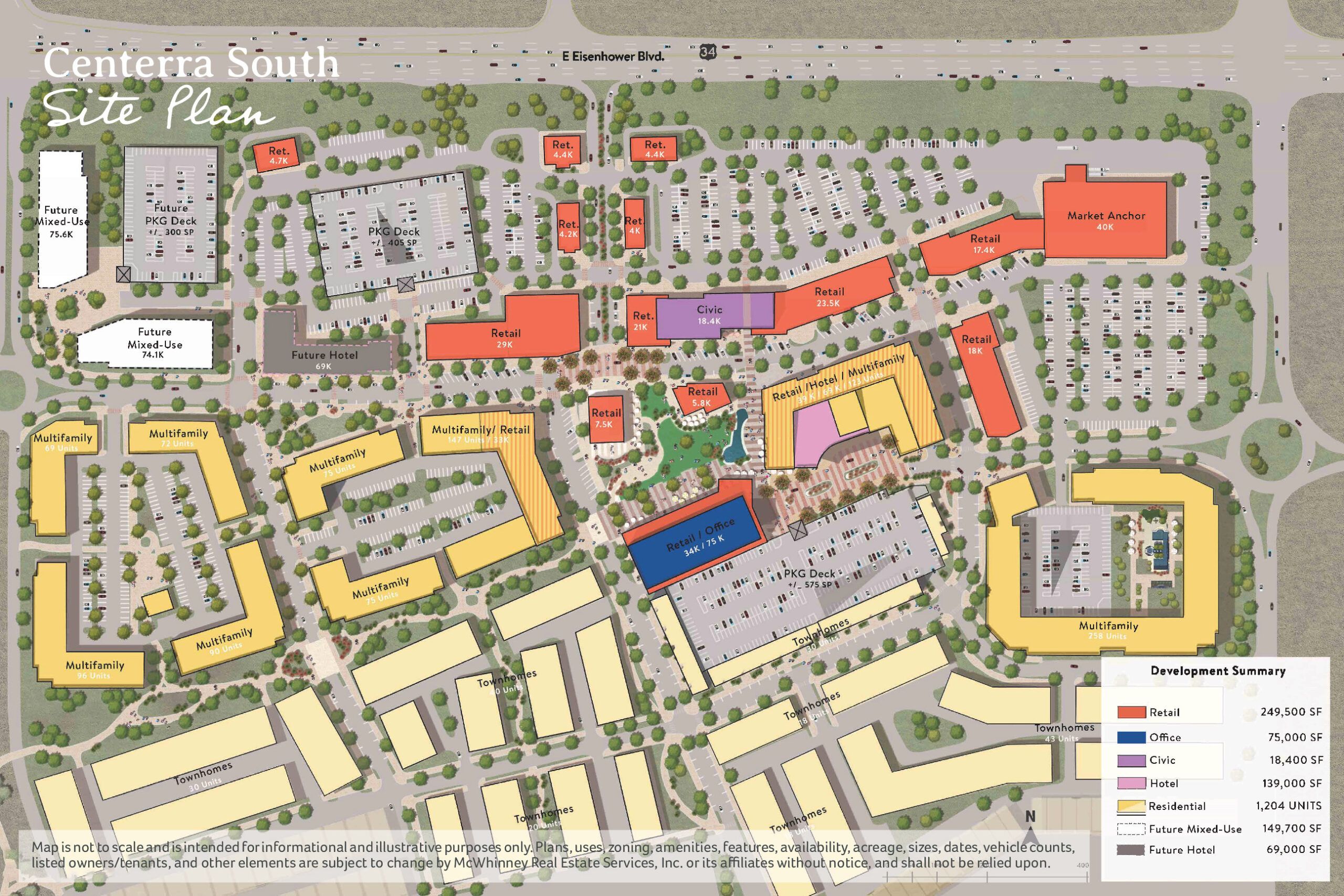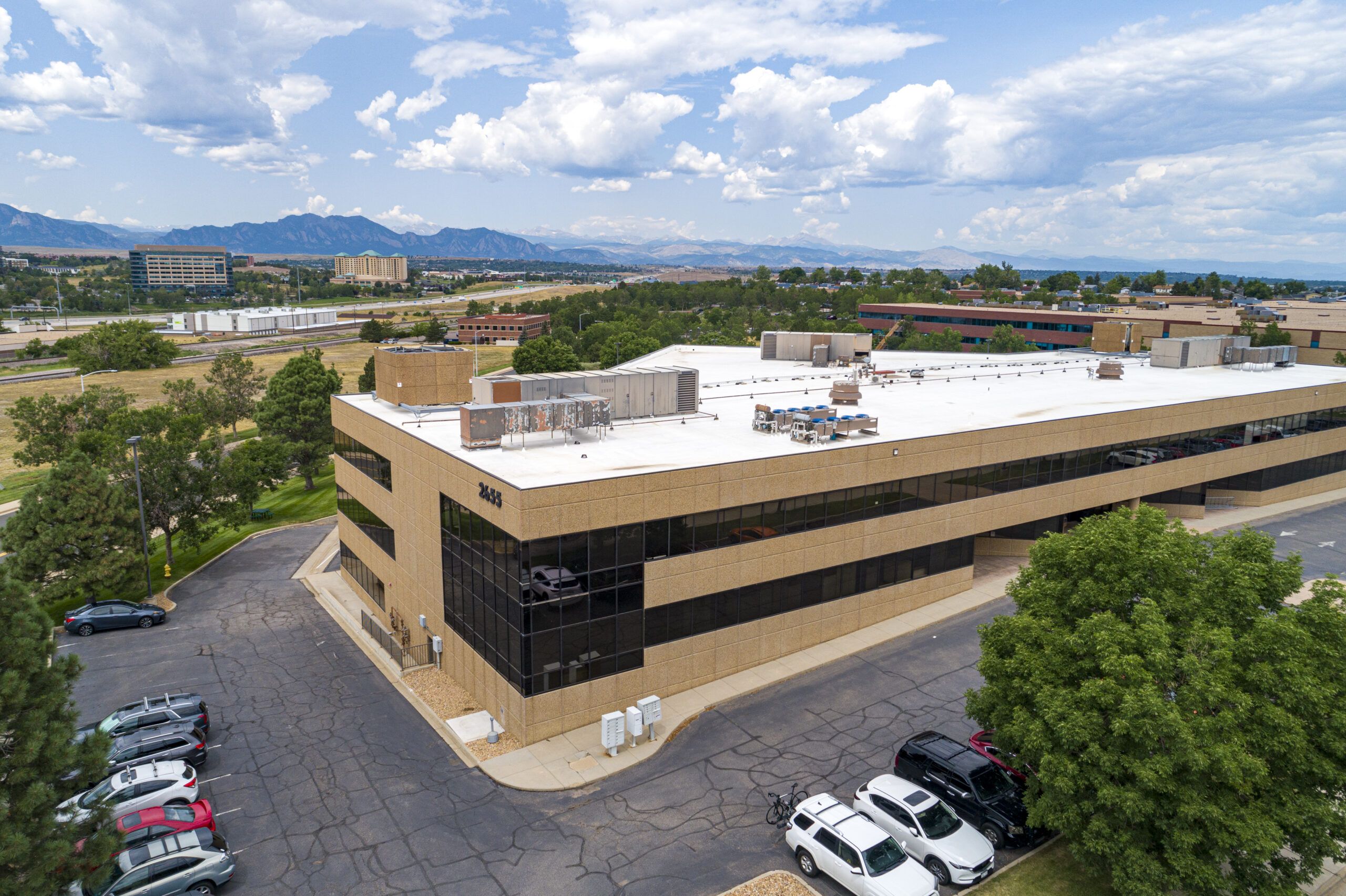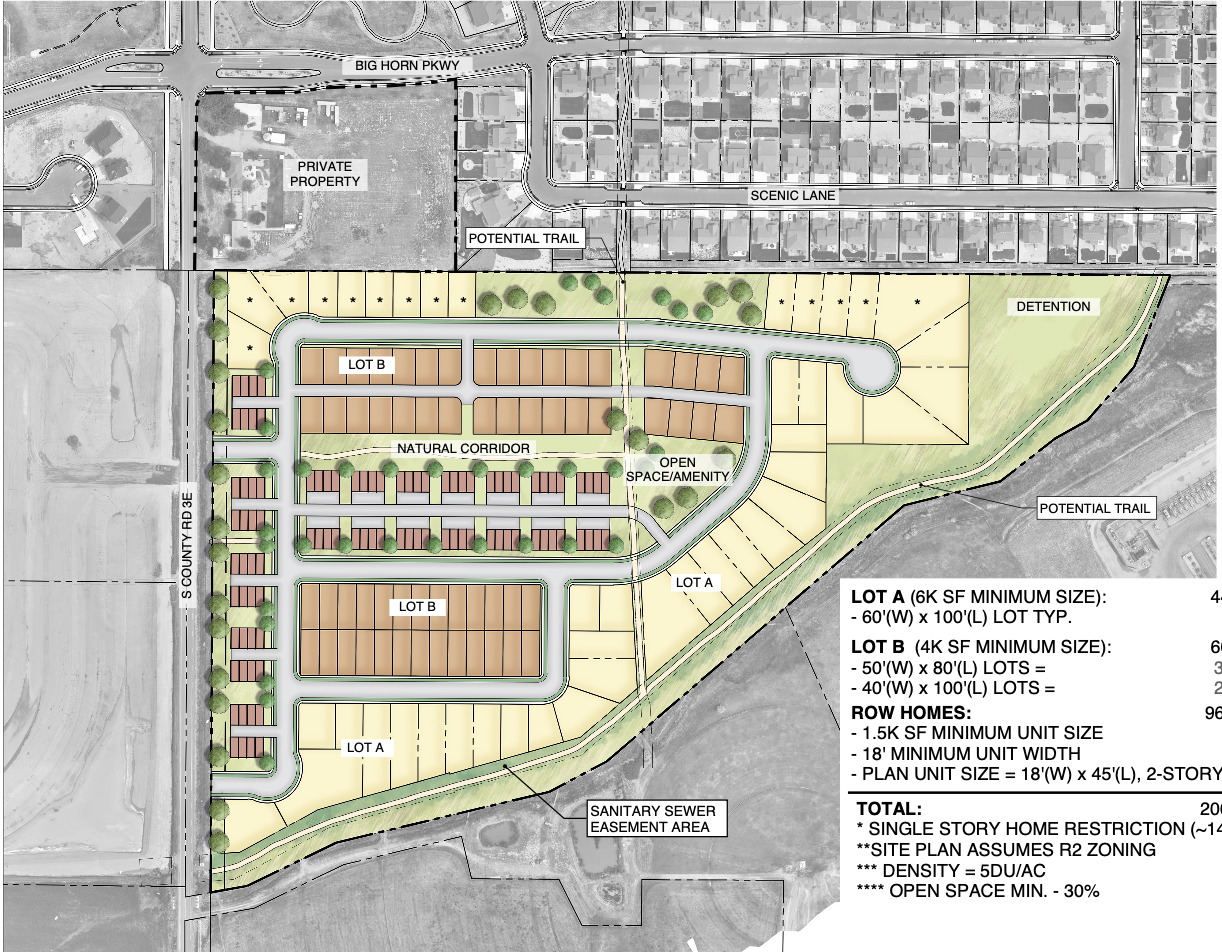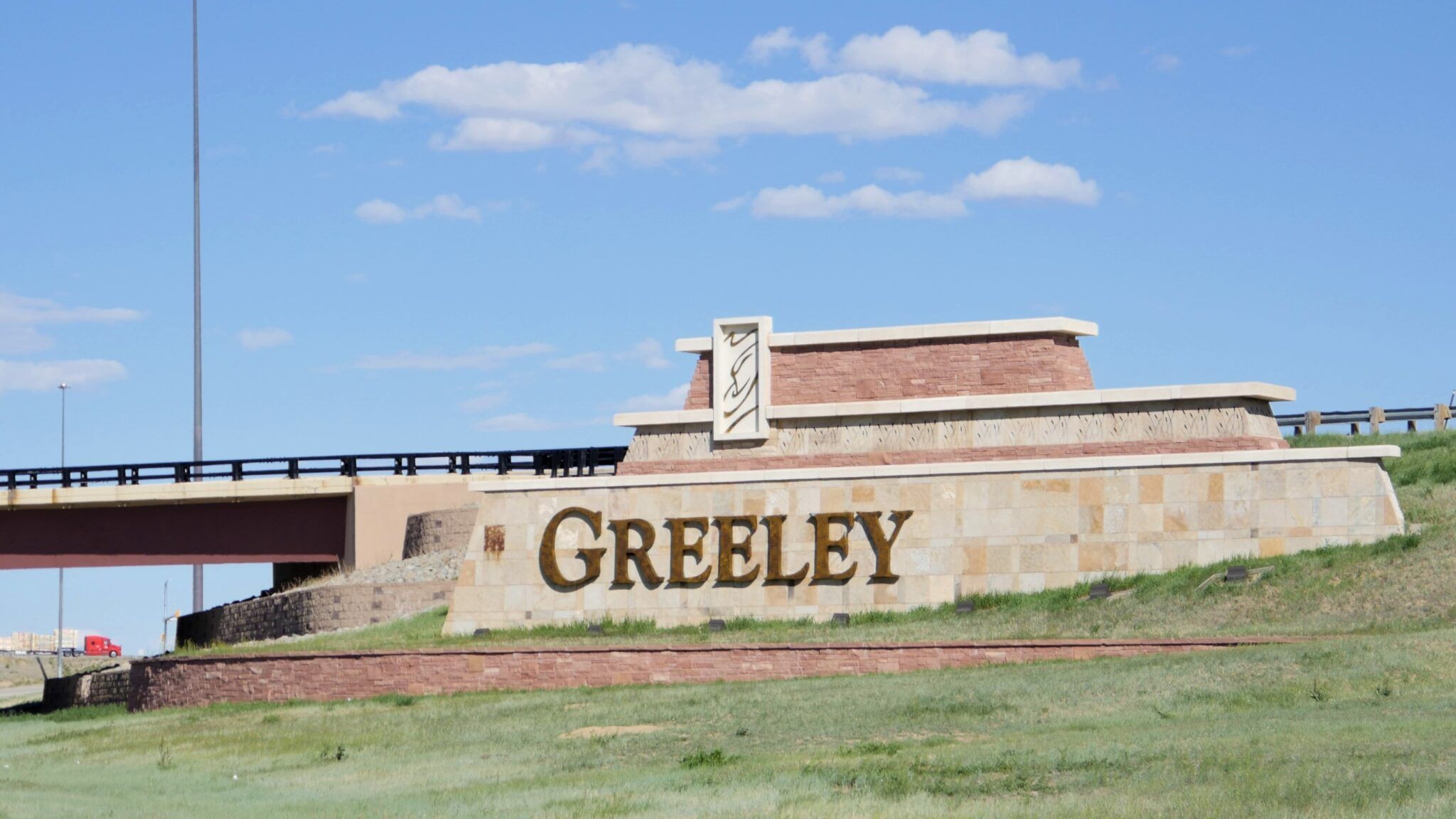Loveland council approves Centerra South urban-renewal plan

LOVELAND — Members of the Loveland City Council, citing benefits to the city as a whole, voted 7-2 Tuesday night to approve the Centerra South urban renewal plan.
The vote, with nay votes from Mayor Jacki Marsh and council member Jon Mallo, came after months of contentious debate involving multiple public comment periods.
The plan as presented removes the 139-acre Centerra South property from the U.S. 34/Crossroads Corridor Urban Renewal plan and places it in a new URA that will have 25 years to take advantage of tax-increment financing to support development of infrastructure.
SPONSORED CONTENT
The existing Centerra is north across U.S. Highway 34 from the new URA. The original Centerra URA was formed in 2004 and amended in 2008.
The vote of the council comes as the state Legislature approved Senate Bill 273 late last week that amends the state urban-renewal law in a way that would have prevented the city from creating the new URA on ag land. That bill, however, as of Tuesday had yet to be signed by the governor, and the language of the bill said, “this act (restricting URAs) applies to urban renewal plans approved on or after the effective date of this act.”
Marsh objected to the approval because, as she noted at the beginning of debate, she believed that it violates federal or state law “and therefore if it passes, it will be void.” Mallo said his objection comes because “I can’t get past first base,” which he described as the blight designation that is required in order to qualify the land for URA inclusion.
Others, however, touted the benefits.
Andrea Samson, who was originally skeptical of the plan, said “what a beneficial tool this can be when used correctly, and I believe it is being used correctly and will benefit the city.”
Don Overcash said the project is “in essence self-funded by the people who decide to shop there or live there or operate stores there.”
John Fogle said his experience with the developer, McWhinney Development Services Inc., has been positive. He said McWhinney projects receive quick approval from city staff because “they always come in well above city standards.”
Public commentary, as has been the case at most of the public hearings, was largely in opposition.
“You’re being sucked by powerful forces,” said resident Aggie Chastain.
Erin Black said the project does not meet the city’s primary needs, which she listed as childcare and workforce housing.
Nancy Rumfeldt, a resident and member of the Thompson Board of Education, said, “We’ve strayed so far the original intent of URAs,” which she suggested were to correct urban blight, not develop farmland.
Peter Raymond said that the $155 million public share of the increase in tax revenues that would go toward the development “is $2,000 for every man, woman and child in Loveland.”
Still others voiced support.
Leah Johnson, a former member of the council, said that the Urban Land Institute in 2013 identified housing as a problem in Loveland, and it hasn’t gotten better. She said that every unit of housing, regardless of its price point, helps bring down the cost of housing because of supply and demand.
The Loveland Housing Authority spoke in favor of the project and said it is working with the developer to place affordable housing in the development.
Glorie Magrum, former director of the House of Neighborly Service, said that “if the Housing Authority is part of this, it will be affordable.”
Multiple council members noted that questions from the public resulted in at least two improvements to the plan. The developer is now working to add affordable housing, when previously a category labeled attainable housing was offered as the lowest price category. And questions about oil and gas drilling adjacent to Centerra South have resulted in a commitment to permanently avoid surface drilling on the development.
While seen as a positive, the developer has not committed to giving up its mineral rights, which with horizontal drilling can be accessed from long distances away.The council has yet to see that agreement; City Manager Steve Adams has said it will be presented to the council at its next meeting, along with the master finance agreement. The MFA will include the tax increment revenue sharing plans already approved plus a proposal to make up for the Larimer County tax share, which county commissioners have not agreed to provide.
LOVELAND — Members of the Loveland City Council, citing benefits to the city as a whole, voted 7-2 Tuesday night to approve the Centerra South urban renewal plan.
The vote, with nay votes from Mayor Jacki Marsh and council member Jon Mallo, came after months of contentious debate involving multiple public comment periods.
The plan as presented removes the 139-acre Centerra South property from the U.S. 34/Crossroads Corridor Urban Renewal plan and places it in a new URA that will have 25 years to take advantage of tax-increment financing to support development of infrastructure.
The existing Centerra is north across U.S. Highway…





